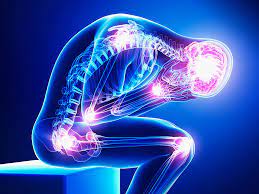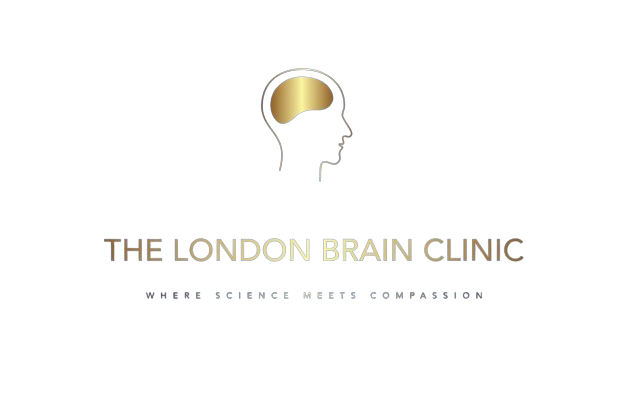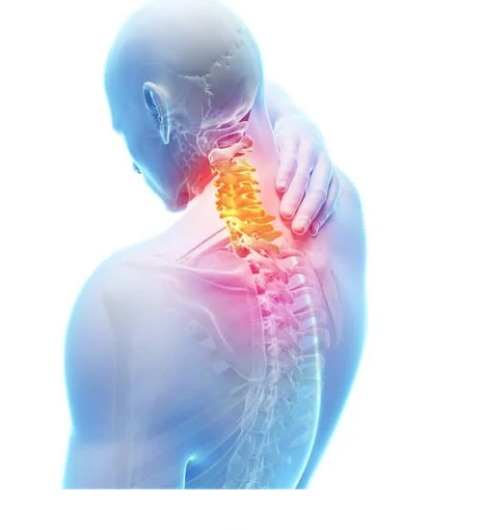Chronic pain affects millions of people worldwide and can be debilitating. Traditional treatments such as medication and surgery may not always be effective, and that’s where holistic pain management comes in.
Holistic pain management approaches chronic pain from a comprehensive perspective. This means, taking into account the physical, emotional, and psychological aspects of the condition. One of the key players in this approach is the psychologist.
What is the Role of the Psychologist in Holistic Pain Management?
The role of psychologists in pain management has evolved over time as our understanding of pain has expanded beyond just the biomedical model. In the past, pain was solely approached from a biomedical perspective. Mostly, healthcare professionals considered the role of the “mind” as irrelevant. Clinical observations showed that many patients complained of persistent pain that medical and surgical treatments couldn’t alleviate. Functional disability often appeared in excess of what might be expected based on physical pathology alone. As a result, we developed comprehensive pain models incorporating a biopsychosocial approach, which acknowledges that pain is influenced by psychological and social factors.
Today we know that stress and anxiety can exacerbate chronic pain symptoms. A psychologist can help a patient identify and manage these emotions to reduce their pain. Negative thought patterns and beliefs about pain can also contribute to chronic pain. A psychologist can work with the patient to develop positive coping strategies and beliefs to improve their pain management.
Person-Centered Care
Another way psychologists can assist in holistic pain management is by providing person-centered care. This means taking into account the individual’s unique needs, preferences, and circumstances when designing their treatment plan. By tailoring treatment to the patient, psychologists can help them feel more in control of their pain management and improve their overall quality of life.
Psychologists can also work collaboratively with other healthcare professionals, such as physicians and physical therapists, to ensure that the patient receives a comprehensive approach to holistic pain management. By working as a team, healthcare providers can address the various components of chronic pain and improve the patient’s overall outcomes.
In summary, the role of psychologists in holistic pain management is crucial. They bring expertise in mental and emotional health to the table and work collaboratively with other healthcare providers to provide person-centered care. By addressing the psychological factors that contribute to chronic pain, they can improve the patient’s pain management and overall quality of life.
Take the first step towards pain-free living with our holistic pain management services – discover how we can help you today.


